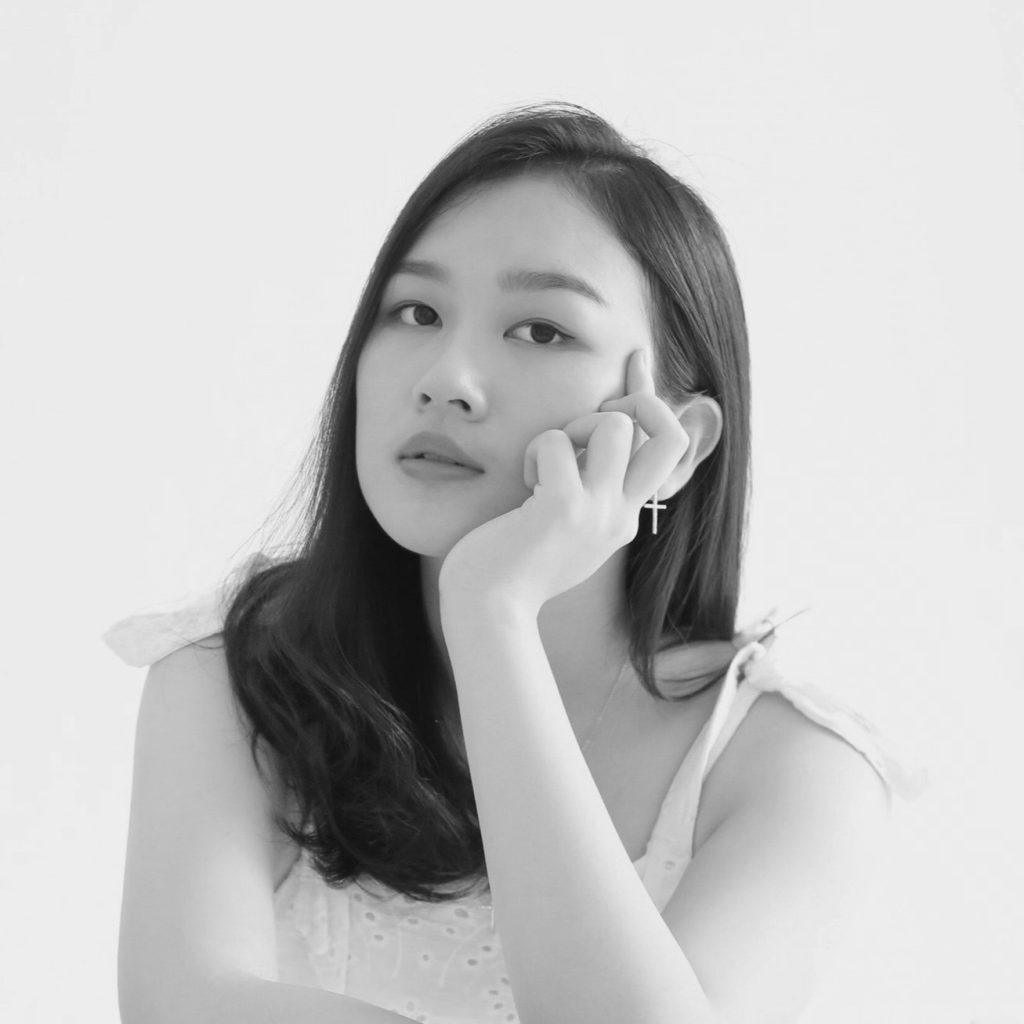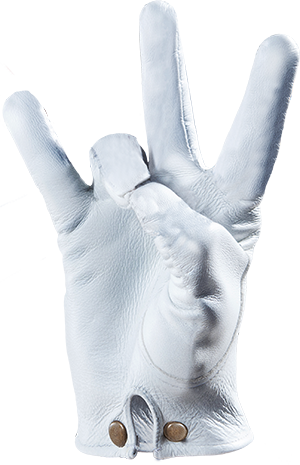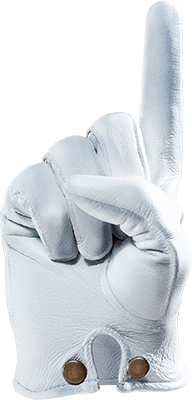Writer: Sheila Abigail
Editor: Sisiana Noer Pradita
Illustration: Lutfi Aufar
Sustainable gold jewelry is growing in the global market, but is it also promising in Indonesia? We learned from the experienced gold jewelry brand in Indonesia in order to answer this question.
The gold jewelry industry is currently in global trends, with, the global jewelry market expanding at a Compound Annual Growth Rate (CAGR) of 2.6% between 2016 and 2020. The market is also expected to continuously expand at a CAGR of 8.2% from 2021 to 2028. The growth of the global jewelry industry parallels the bloom of Etsy trends, which won the attention of global customers due to its artisanal designs. The Etsy-fans love artisans gold for more than its aesthetic designs, as they also realize the importance of its sustainability.
The importance of sustainable gold sources triggered the communities to launch movements such as #NoDirtyGold, an international campaign working to ensure that gold mining operations respect both human rights and the environment. The #NoDirtyGold campaign seeks to educate consumers, retailers, and manufacturers on the impacts of irresponsible gold mining, and to enlist their support in persuading the mining industry to clean up its act. Their activities is supporting sustainable materials include gold efficiency, recycling, and repurposing. The existence of this movement naturally supports the development of sustainable gold jewelry in the world.

“The growth of global gold jewelry market, including its trends, certainly has an impact on the market in Indonesia.”
The growth of global gold jewelry market, including its trends, certainly has an impact on the market in Indonesia. As reported by Statista, revenue in the Jewelry segment in Indonesia amounted to US$193 million in 2021. The market is expected to grow annually by 6.16% (CAGR 2021-2025). What was mostly just older customers looking for gold jewelry with certificates as investment has been joined by, younger customers who are keen to make investments in the stock market, gold bars, and other financial platforms. The influence of global trends on Indonesia creates a new ripple to purchase gold jewelry, and now the market sees more aesthetic value or even other values such as ethical values than just the certificates or carats contained therein.
From this shift, we see the rising concern with ethical values as reflected from the increasing awareness of sustainable and responsible consumption. Other industries have already seen this high expectation on sustainable products and services, which examples are abundant in domestic spheres: stainless straws, shopping bags made from cassava starch, and even thrift shops. The emergence of a responsible consumption trend in turn triggers brands to offer their own sustainable products.
Brands are competing to be environmentally friendly by supplying recycled materials. In the fashion realm, Indonesia has COTTONINK, which launched their debut sustainable clothing line in September 2020: COTTONINK’s “Pastel Whimsical” collection, created in collaboration with the TENCEL™ brand. TENCEL™ branded fibers are produced from sustainably sourced wood by environmentally responsible processes, which allowed COTTONINK to create a collection which is safer for the environment at every stage of the product’s life cycle while drastically reducing pollution. As sustainable expectations are gradually spreading to most aspects of daily consumption, gold jewelry.
Currently, Indonesia already has a vibrant physical gold market, supported by an internationally recognised gold refinery in Papua, a large gold jewelry sector, and wide availability of retail investment gold bar products. Even during the pandemic, Indonesia's gold has been growing brilliantly: per the latest data from Consulate General of Republic Indonesia, Indonesia’s jewellery exports increased by 24.21% during 2020, thanks to industrial technology 4.0 that is equipped to increase productivity and quality more efficiently. The biggest export destination countries are Singapore, Switzerland, Japan, Hong Kong, the United States and Australia. The statement above, which validates the quality of Indonesian gold for the world standards, is certainly a promising outlook on the future of Indonesian gold jewelry industry.
Located in Bali, Ananda Soul designs their products with a touch of the Dewata island’s culture. Every piece of jewelry was ethically produced from recycled silver, 22k gold vermeil, 22k gold plated, and 925 eco sterling silver. The business has been growing organically until it sees more than 50k followers on Instagram. Their vision, which is a thriving humanity, a healthy planet, and a deep calling to act from integrity in favor of a better tomorrow attracts the attention of consumers who possess the same vision. The existence of Ananda Soul Creations also validates the market for recycled gold jewelry in Indonesia.
Another sustainable gold jewelry player that caught our attention is Samudra Gold. Based in Sorong, Samudra Gold has been growing by selling Etsy-inspired gold jewelry. All of its products are 21K (87.5%) gold in simple design for daily wear. They also highlighted some of interesting USPs, from recycled gold jewelry handcrafted in Papua to lifetime guarantee. Furthermore, aligned to its sustainable value, Samudra Gold invites customers to send back their gold for another recycle once they are bored with the design.

“One thing for sure, there are many market potentials waiting to be discovered on this landscape.”
Aside from the aforementioned players, we have also seen a few artisanal emerging players in this sustainable gold jewelry landscape. Looking from the Porter Five Forces lens, and the national supportive circumstances, we can see promising opportunities for more of these brands to come. This is just about the materials, we are not even touching the brand part—there is still more to dive deep into on the golden rules that brands can utilize to grow this market like its product design, identity, and a lot more. One thing for sure, there are many market potentials waiting to be discovered on this landscape.

Sheila Abigail
Sheila has entered the professional industry for 2 years as a designer and branding strategist. She also has strong project management experience from her growing place at Mawar Sharon Christian Church. Her passion for strategy and project management has continuously evolved ever since. It becomes a perfect combination for her role as an Account Planner that also has a keen eye on design thinking. Aside from her professional experience, she has a strong passion for helping SMEs through branding. Partnering with PETRA she volunteered to build SMEs from scratch in Surabaya.




